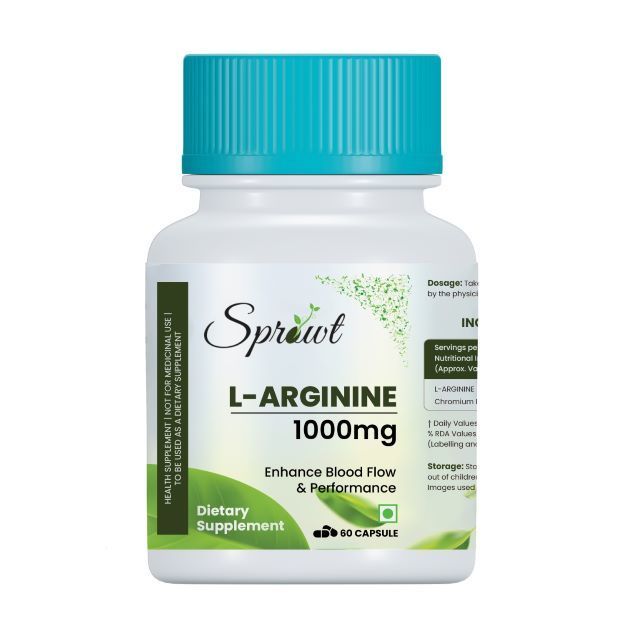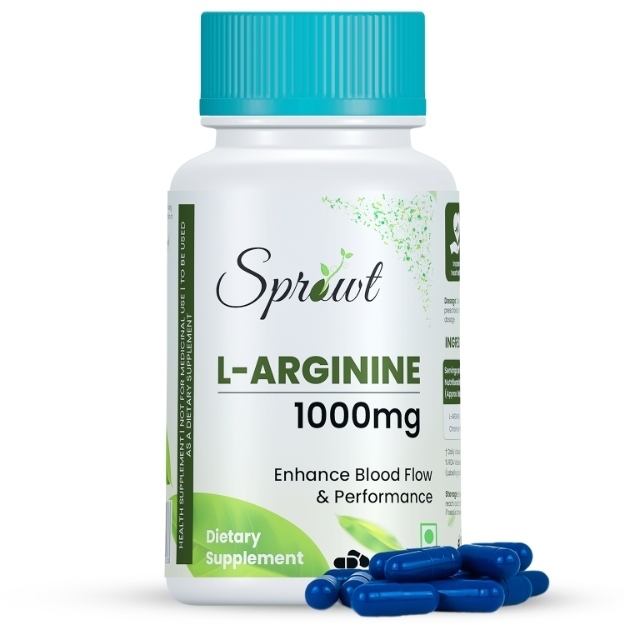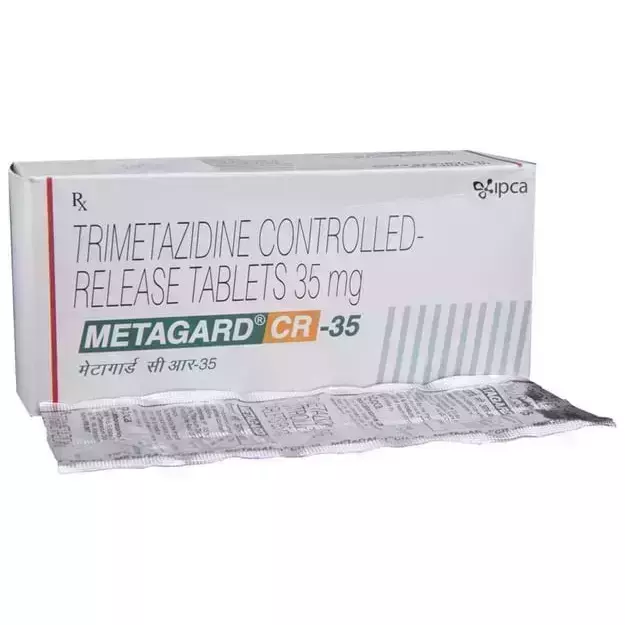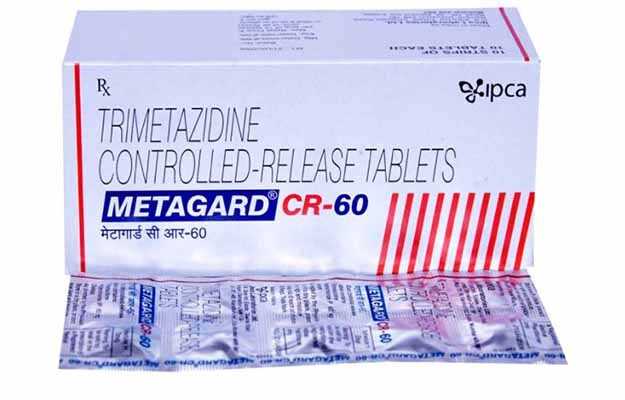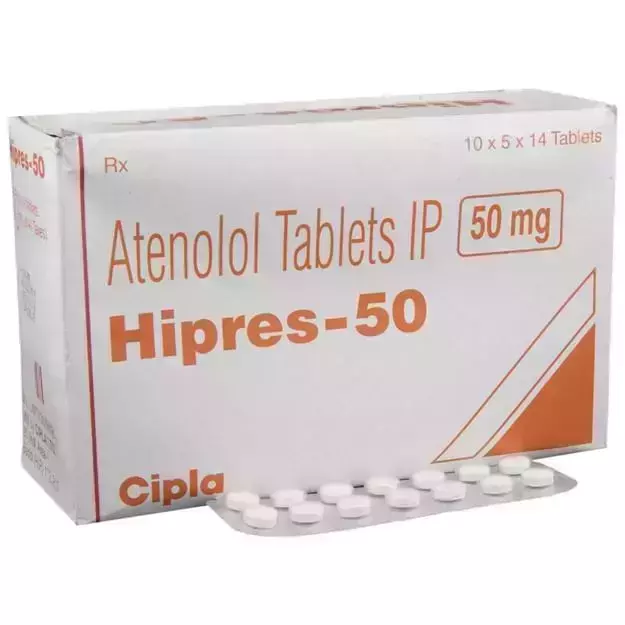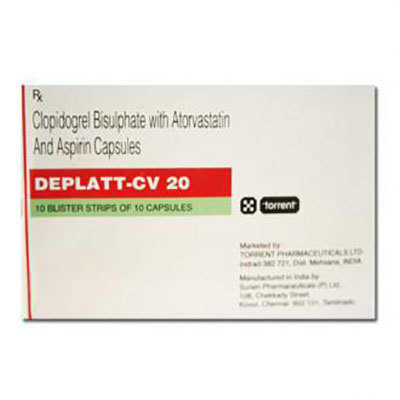Trimacontin 60 Tablet is a prescription medicine that is available as a Tablet. It is typically used for the treatment of Angina.
The right dosage of Trimacontin 60 Tablet depends on the age, gender, and medical history of the patient. The condition it has been prescribed for, and the route of administration also determine the right dosage. Detailed information has been provided in the dosage section.
The side effects typically associated with Trimacontin 60 Tablet include Headache, Dizziness, Nausea or vomiting. Besides the aforementioned side effects, there are other adverse effects of Trimacontin 60 Tablet as well, which are listed below. Normally, these side effects of Trimacontin 60 Tablet are not long lasting and go away when the treatment is finished. Please speak with your doctor if these side effects worsen or persist for a longer duration.
Furthermore, you should know that effect of Trimacontin 60 Tablet is Unknown for pregnant women and Unknown for women who are breastfeeding. It is important to know if Trimacontin 60 Tablet has any effect on the kidney, liver and heart. Information on such adverse effects, if any, has been given in the Trimacontin 60 Tablet related warnings section.
Trimacontin 60 Tablet is contraindicated in people with pre-existing medical conditions like Parkinson's Disease, Allergy as it can result in adverse effects.
Additionally, Trimacontin 60 Tablet may also adversely react with other medicines. See below for a complete list.
You should also be aware that Trimacontin 60 Tablet is not safe while driving, and is not addiction.
X








